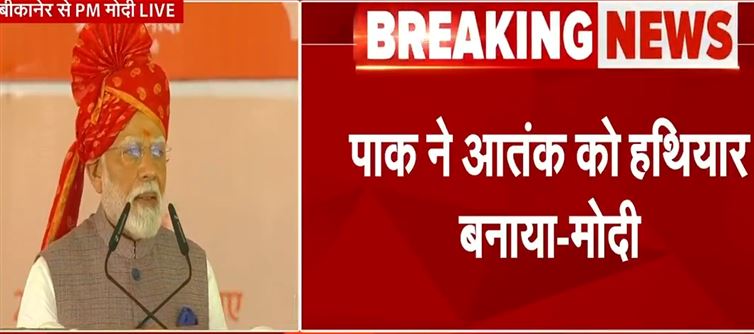
Critics point to Modi’s frequent self-references—as in taking his own name 15 times in just two minutes—as evidence of political narcissism. This kind of rhetorical approach serves to centralize the narrative around the leader rather than the collective efforts of the government, military, or civil society. For supporters, this strategy reinforces the image of a strong, indispensable leader. But for detractors, it undermines democratic values by reducing complex national endeavors to a single personality. In a diverse and parliamentary democracy like India, this personalization of governance can erode institutional integrity and overshadow the roles played by others in public service.
Furthermore, using a military or humanitarian operation as a campaign tool invites ethical scrutiny. Military and rescue efforts are typically seen as nonpartisan, national responsibilities rather than political assets. Politicizing them for electoral gain risks trivializing the sacrifices of those involved and potentially undermines public trust in the neutrality of such operations. Ultimately, while political messaging is a staple of any democracy, the tone and substance of such appeals matter greatly in shaping a healthy and inclusive political culture.




 click and follow Indiaherald WhatsApp channel
click and follow Indiaherald WhatsApp channel